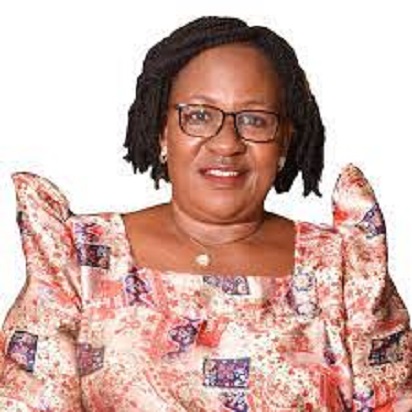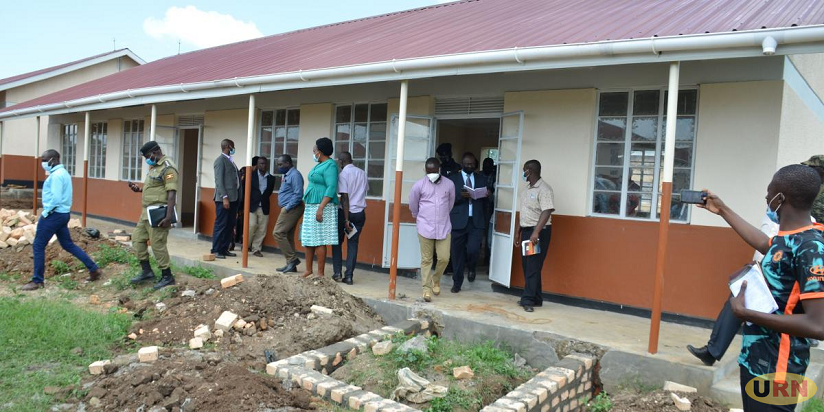Rebecca Kadaga, the First Deputy Prime Minister and Minister for East African Affairs, launching EACCR3
Scientists from Eastern Africa have pledged to conduct at least two research studies and groom several females and junior scientists in the next three years.
They have pledged to attend fewer capacity-building workshops so as to concentrate and give time to research and studies.
The commitment was made, on Wednesday during the launch of the third funding round of the Eastern Africa Consortium for Clinical Research- EACCR that will run until 2024. The consortium is one of the four African regional networks of excellence for clinical research that are funded by the European Union and developed countries under the Developing Countries Clinical Trials Partnership-EDCTP.
The partnership aims at boosting the capacity of selected African countries to address poverty-related diseases namely HIV/AIDS, malaria, and tuberculosis through cross-border research, networking, mentorship, and developing infrastructure such as laboratories among others. A total of 514 African scientists and medical doctors and more than 406 master’s and Ph.D. students have benefited so far.
In Eastern Africa, the partnership involves 23 research institutions and universities. They are in Ethiopia, Kenya, Tanzania, Sudan, Rwanda, and Uganda in partnership with the Netherlands, Belgium, Norway, Sweden, and the United Kingdom.
The consortium’s Secretariat is hosted in Uganda, at Uganda Virus Research Institute-UVRI in Entebbe.
Dr. Benard Kikaire, the HIV node coordinator at UVRI, says the first and second funding rounds of EACCR started in 2007 and 2017 respectively with the main aim of building the capacity of scientists from the region to conduct research in five areas. These areas are HIV, malaria, mentorship and training, Tuberculosis, and neglected infectious diseases.
As a result, Kikaire says the main objective of the third round of EACCR is now to see scientists do research in the five focus areas, encourage junior scientists to spearhead these research projects, and most importantly close the gender gap by giving at least half of the scholarships for short courses, masters degrees to females.
Prof. Pontiano Kaleebu, the Overall Coordinator of the EACCR and also the Director at UVRI, says the next three years will build on what has been achieved since 2007 so as to deliver high quality and high impact research in poverty-related diseases.
He says the region was able to use the professionals and equipment dedicated to the five focus areas to manage COVID-19.
He adds that since 2017, the consortium was able to monitor 25 clinical research associates who in turn monitored more than 30 clinical studies in the region. “This has improved the quality of studies conducted and also lowered the cost of clinical study monitoring,” says Kaleebu.
Rebecca Kadaga, the First Deputy Prime Minister and Minister for East African Affairs lauded the consortium for the work they do and for also attempting to bridge the gender gap through grooming more females.
She however says there is a need for researchers to get work done so that their impact is felt and also appreciated within the East African Community -EAC. Kadaga was the chief guest at the launch of the third funding round for EACCR on Wednesday.
Kaleebu says the consortium will receive 5million Euros, about shillings 20.4 billion, as the seed funding and each institution or country can apply for additional funding from other sources for its activities.
Meanwhile, Ken Awuondo the African Region Manager for Global Health Network, says the network will continue supporting EACCR and the other three regional networks in training, disseminate their research and also boost their efforts to produce vaccines, and studies among other things for even Covid-19.
-URN





